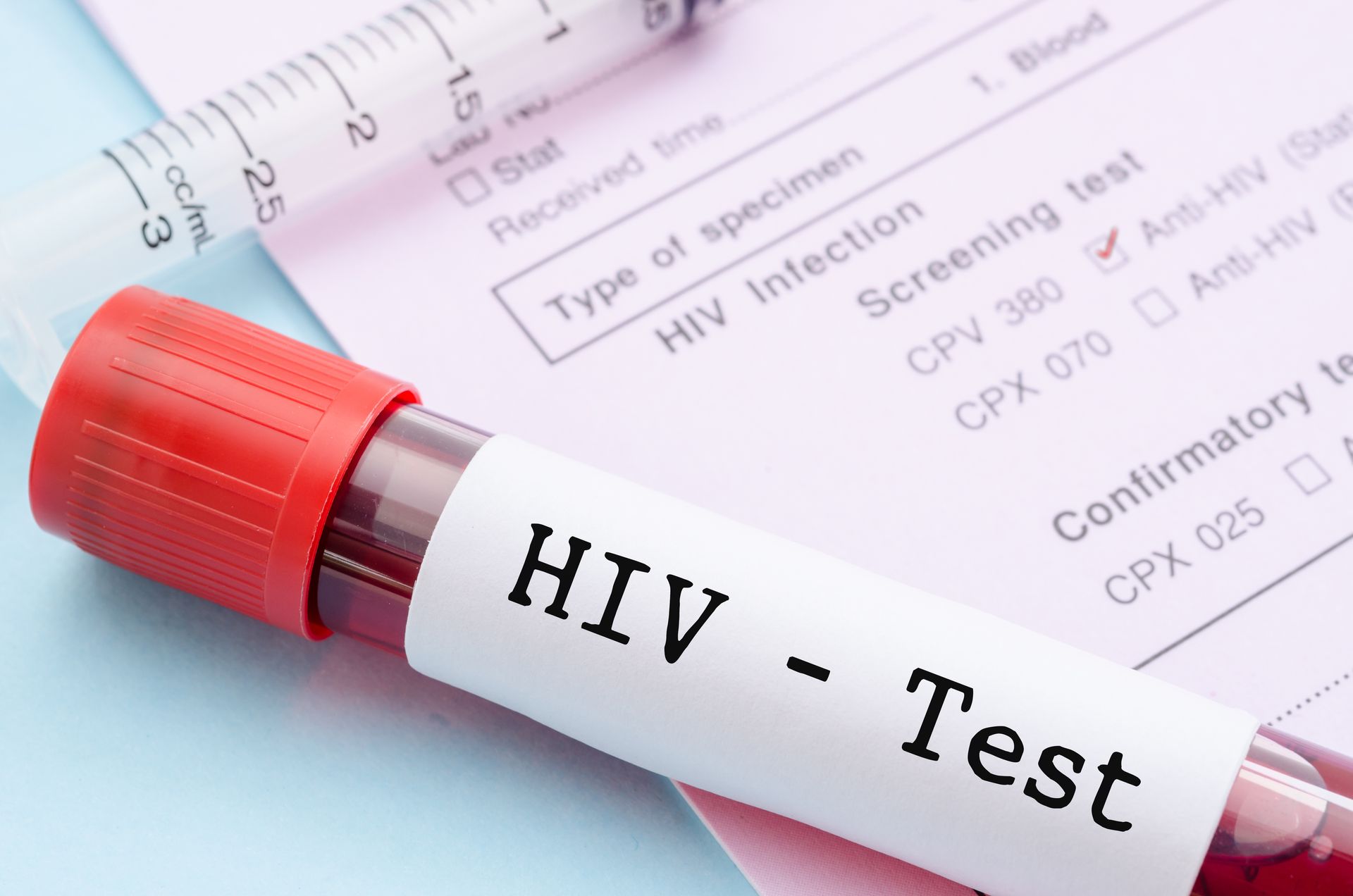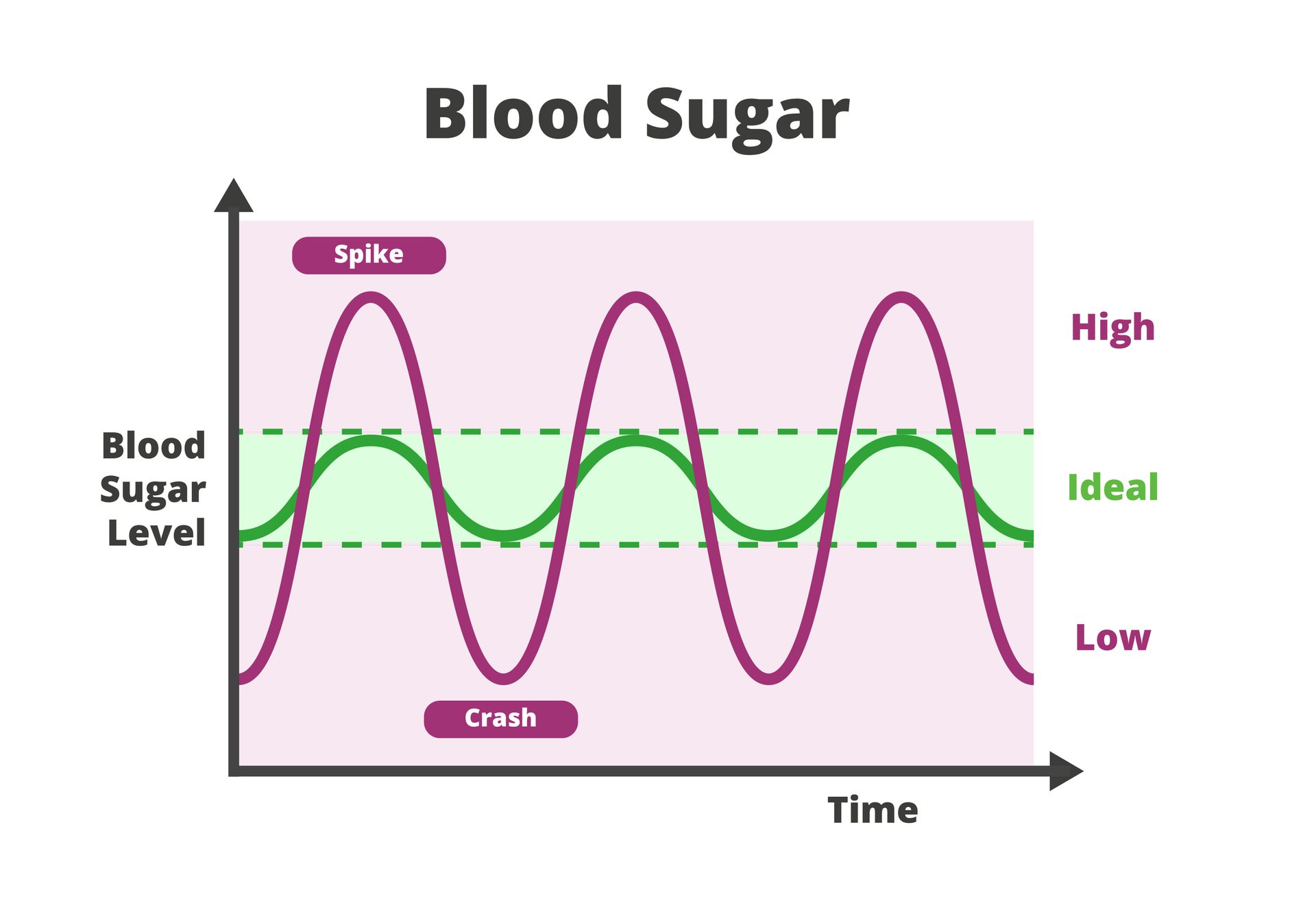Recent Posts
How Primary Care Can Help You Navigate Weight Loss Safely

Losing weight is often seen as a personal mission—something we tackle alone with determination, a strict diet plan, and maybe a new gym membership. But going it alone can lead to frustration, burnout, and even serious health complications if the approach isn’t safe or sustainable.
Involving your primary care provider in your weight loss journey can make all the difference. With professional guidance, you’re not just trying to lose weight—you’re working toward long-term health.
The Problem With DIY Weight Loss
Many people start their weight loss efforts with the best intentions. They might follow fad diets, cut out major food groups, or throw themselves into intense exercise routines. These strategies can potentially lead to problems:
- Nutritional deficiencies from restrictive diets
- Injury risk from starting workouts that aren’t tailored to their fitness level
- Mental fatigue and yo-yo dieting from unsustainable routines
- Mismanaged chronic conditions like diabetes or hypertension
People react differently to dieting strategies. The guides written by weight loss experts are not tailored to every individual’s unique health concerns or problems. They are a one-size-fits-all approach to weight loss.
Primary care providers can step in and provide recommendations based on your unique physiology and health conditions. They may also recommend changes or supplements so you can still diet—but do it safely and in a way that’s more likely to lead to success.
How Primary Care Can Guide Your Journey
Your primary care provider (PCP) is your partner in overall wellness, and that includes your weight loss goals. Instead of focusing solely on the number on the scale, your PCP will look at the bigger picture: your health history, current conditions, medications, lifestyle, and even mental health.
1. Creating a Personalized Plan
Your PCP can assess your starting point and design a plan that fits you—not a generic “lose 10 pounds fast” template. Whether you’re managing thyroid issues, insulin resistance, or recovering from an injury, your PCP knows what’s safe and effective based on your unique situation.
2. Monitoring for Deficiencies and Health Risks
Drastic changes in diet can cause vitamin and mineral deficiencies, which may lead to fatigue, hair loss, or even weakened immune function. A PCP can run routine labs to monitor your nutrient levels and recommend supplements or dietary adjustments before problems arise.
They’ll also track key health indicators like:
- Blood pressure
- Blood sugar
- Cholesterol
- Kidney function
This is especially important if you're on medications that could be affected by weight loss.
3. Safe, Sustainable Exercise Recommendations
Jumping into high-intensity workouts without preparation can be dangerous—particularly for patients with heart conditions, joint pain, or obesity. A PCP can refer you to physical therapists or recommend low-impact activities that ease you into a consistent routine without risking injury.
They may also coordinate with specialists like cardiologists or orthopedic doctors if you need a more targeted approach to movement.
4. Mental and Emotional Support
Weight loss can be emotionally complex. Your PCP can:
- Screen for depression or anxiety
- Recommend behavioral health resources
- Refer you to a
therapist if emotional eating, stress, or body image issues are holding you back
This comprehensive approach makes your journey more compassionate—and more likely to stick.
5. Accountability and Motivation
One of the biggest advantages of involving a primary care provider is the built-in accountability. Regular follow-ups, check-ins, and encouragement from someone who understands your medical history can provide motivation that’s hard to find when you’re trying to do everything solo.
Your PCP can also celebrate
non-scale victories with you, such as:
- Improved lab results
- Better sleep
- Increased energy
These milestones are often overlooked when people focus only on the scale, but they are real, life-enhancing improvements.
What If You’ve Already Tried Everything?
Many patients come to their primary care doctors after years of trying and failing to lose weight on their own. If that’s you, you’re not alone. And it doesn’t mean you’ve failed—it just means your plan needs a deeper medical foundation.
In some cases, your provider may recommend:
- Medically supervised weight loss programs
- FDA-approved medications
These aren’t quick fixes—they’re tools that, when used under
medical guidance, can support your overall health goals.
Trust Your Journey With Our Healthcare Center in Houston, TX
At St. Hope Healthcare, we know how overwhelming weight loss can feel, especially when you’ve tried everything without success. Our team of compassionate primary care providers is here to help you take the guesswork out of your journey.
Ready to take a healthier path forward? Schedule an appointment with a primary care provider at St. Hope Healthcare today and let’s start building a plan that’s made just for you.









